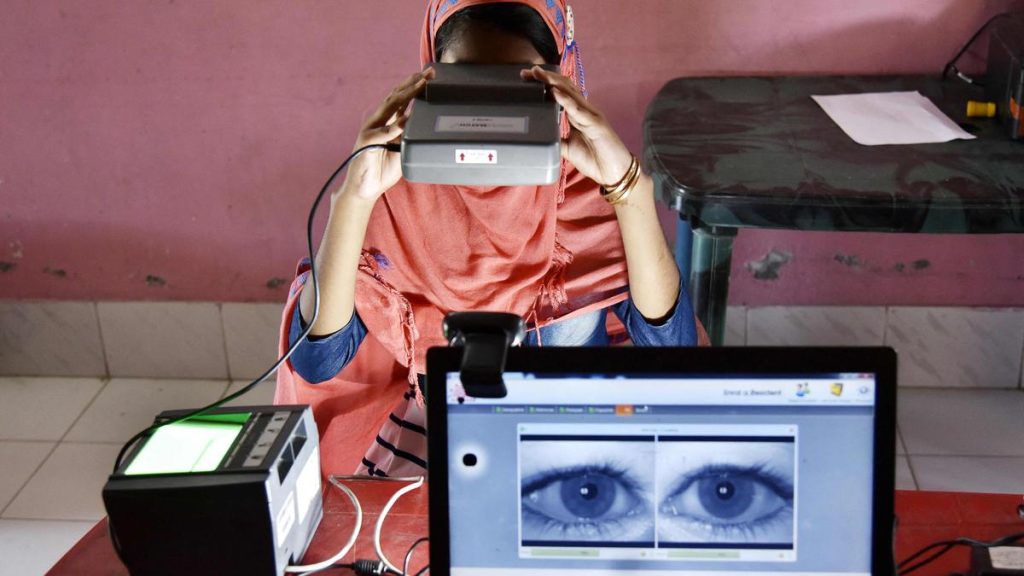Now Reading: Surge in Fungal Infections Sparks Concern Over Drug Resistance, Warn Dermatologists
-
01
Surge in Fungal Infections Sparks Concern Over Drug Resistance, Warn Dermatologists
Surge in Fungal Infections Sparks Concern Over Drug Resistance, Warn Dermatologists

Speedy Summary
- A marked rise in fungal infections has been reported in Bengaluru,triggered by damp weather and humid conditions post-recent rains.
- Dermatologists highlight growing resistance to antifungal treatments,making infections increasingly difficult to manage.
- Superficial fungal infections such as ringworm and athlete’s foot primarily affect the skin, hair, or nails but do not invade deeper tissues.
- Dr. M.S. Girish at ESIC Model Hospital noted that nearly 25% of his daily outpatient cases are fungal infections; about 30% of these do not respond to basic medication due to incomplete or incorrect treatment.
- Self-medication and over-the-counter sale of antifungal creams are notable contributors to resistance, often compounding issues through misuse and premature cessation of treatment.
- The Indian Association of Dermatologists has issued guidelines known as the “Rule of Two,” advising patients on proper request methods for sustained efficacy against fungal growth.
- Lifestyle factors like damp climates, tight clothing, poor hygiene practices, and shared environments (e.g., gyms/pools) have exacerbated infection rates.
- Experts stress public awareness regarding responsible medication usage and preventive measures (e.g.,maintaining skin dryness and avoiding shared items like towels).
Indian Opinion Analysis
The spike in fungal infections observed in Bengaluru underscores the intertwined impact of climatic conditions on public health. Resistance to antifungal medications is a pressing concern that mirrors global challenges with antimicrobial resistance-an issue rooted heavily in misuse stemming from self-medication without professional supervision. Education initiatives focused on increasing awareness around proper medication use could be pivotal.
The role played by lifestyle factors-such as sweating associated with humid weather-is significant but manageable through simple preventive habits like improved hygiene practices. Further outreach by public health bodies can help guide individuals toward dermatological consultation instead of relying solely on over-the-counter solutions.
As healthcare professionals devise protocols like the “Rule of Two,” these measures aim for long-term mitigation rather than temporary patient relief. While localised currently, addressing this situation effectively could offer insights into handling similar outbreaks nationally as climate-related health patterns evolve across India.
for read more: source link

























